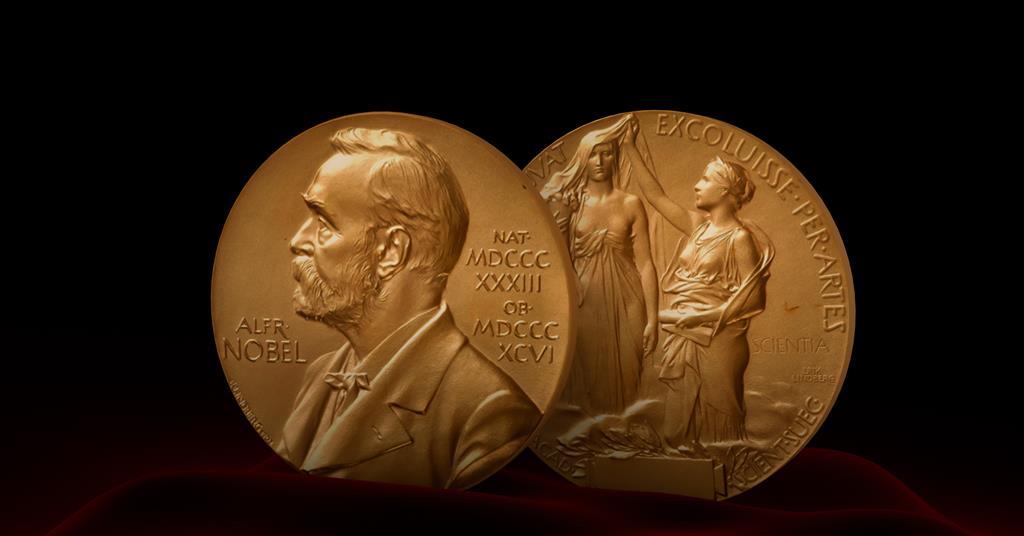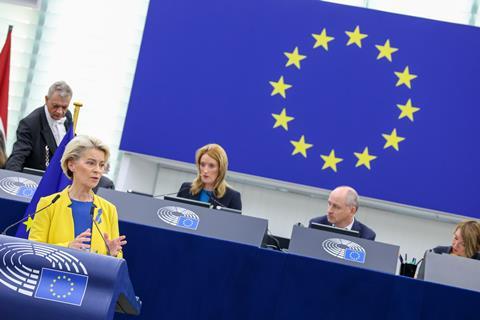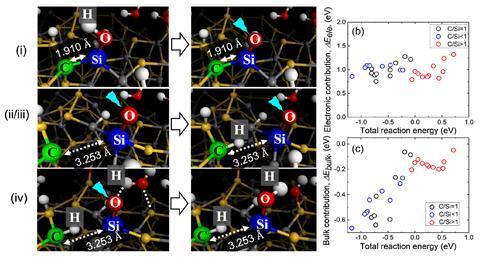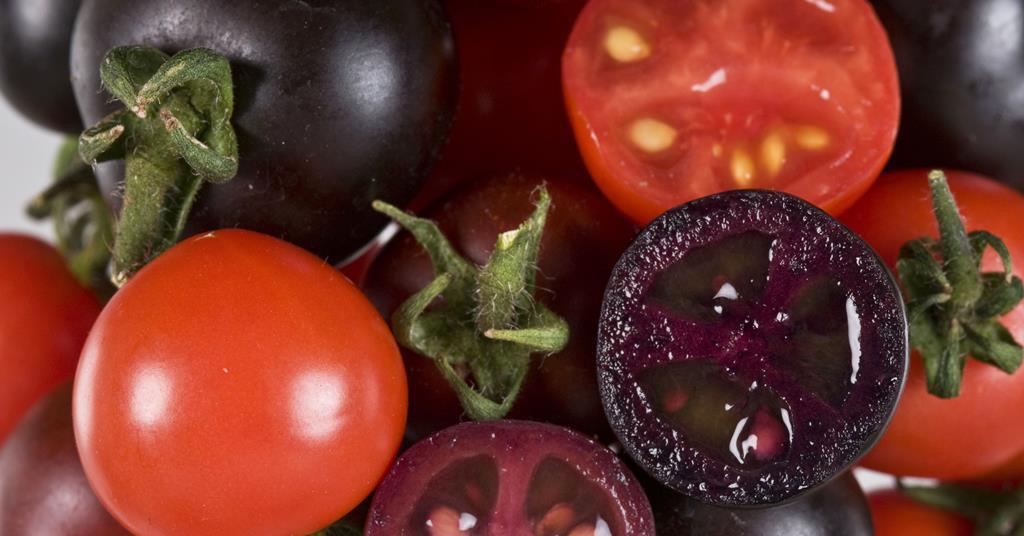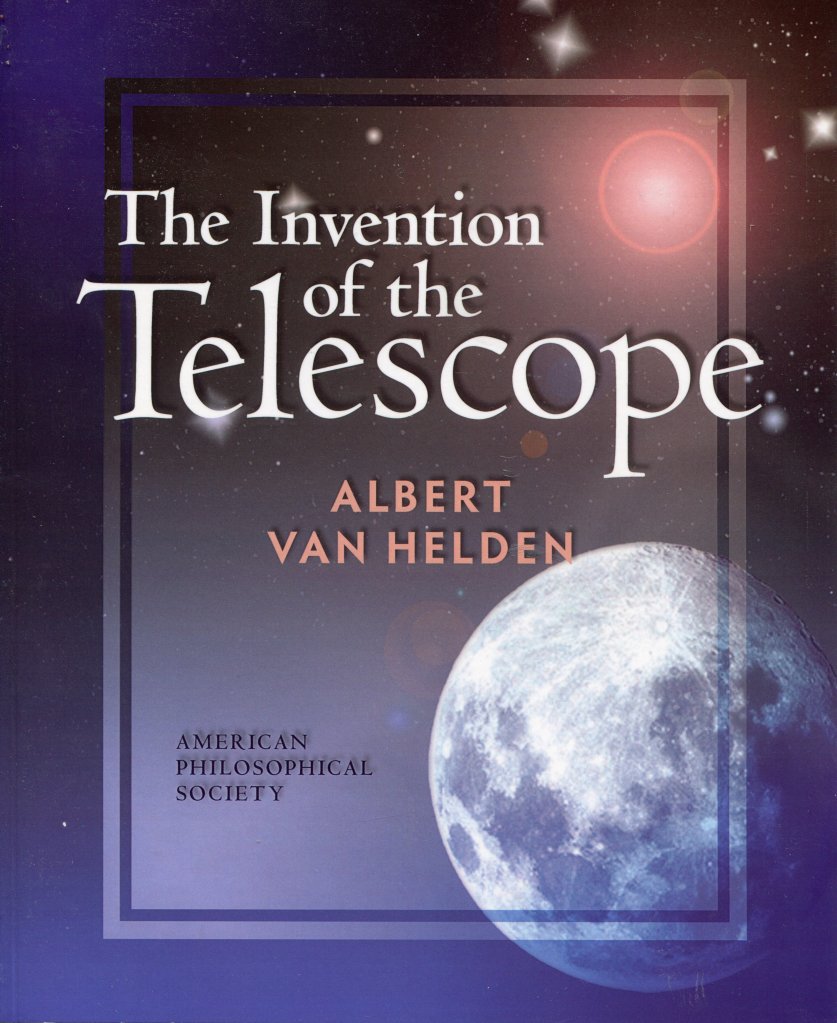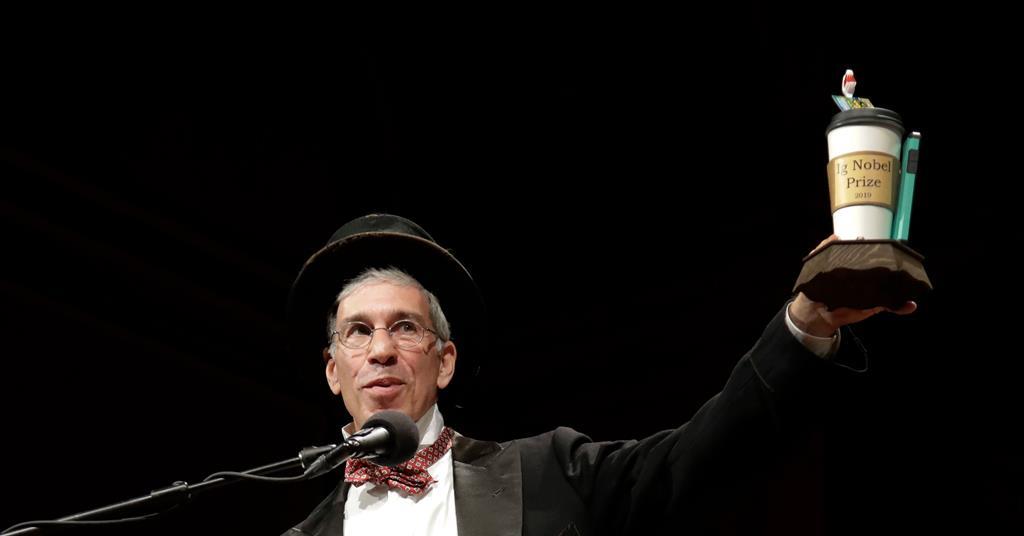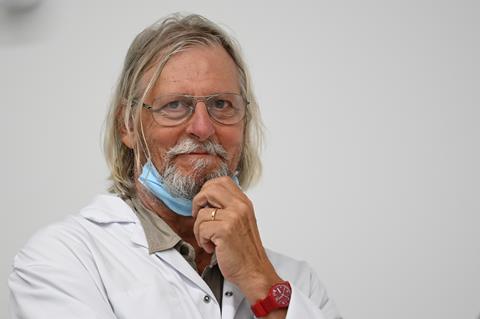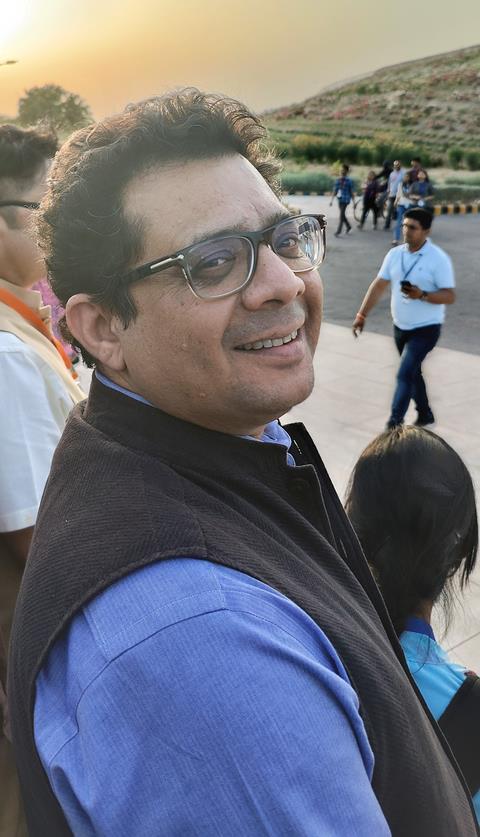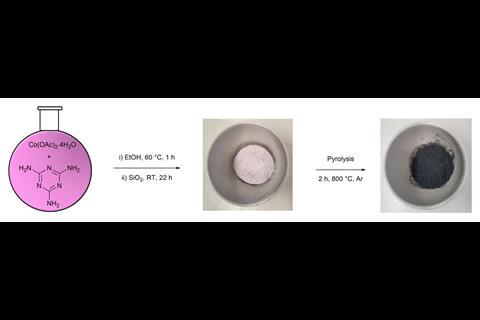With only two weeks left until the 2022 chemistry Nobel prize is announced, Web of Science provider Clarivate has published its citation laureates – researchers whose work ranks among the 0.01% of most highly cited publications. Zhenan Bao from Stanford University, US, was selected for her work on flexible electronics and electronic skin, organic and […]
Read More